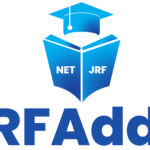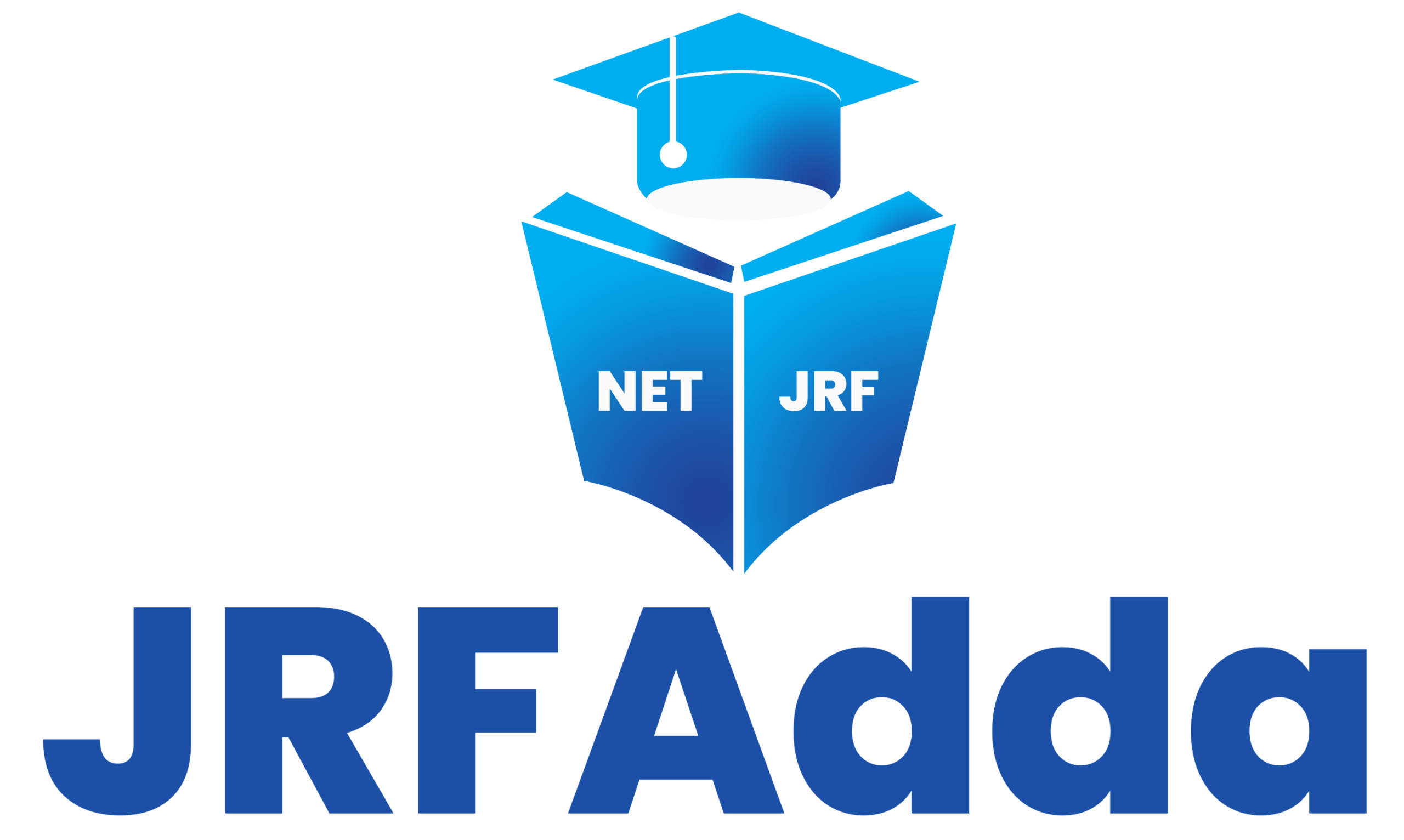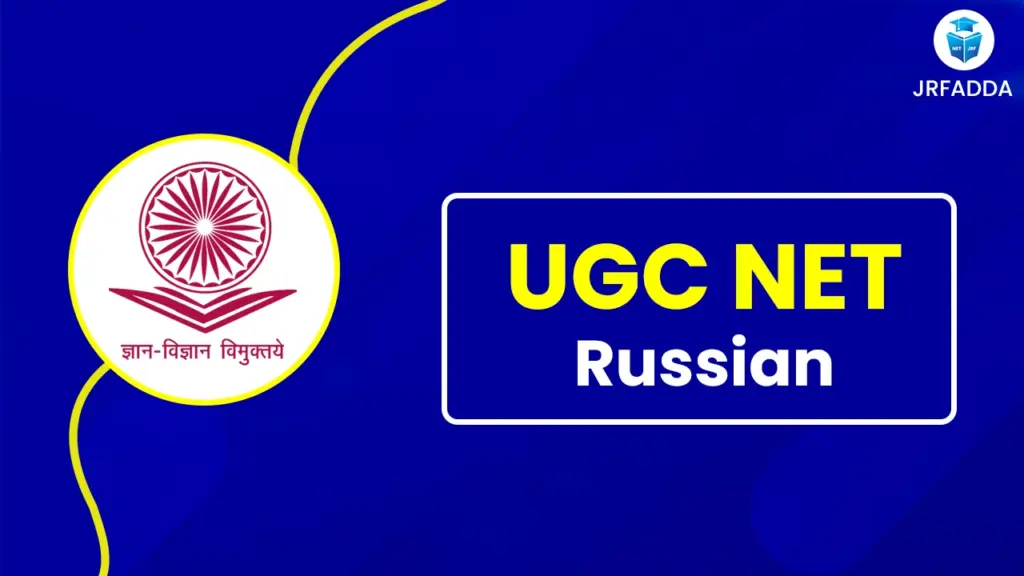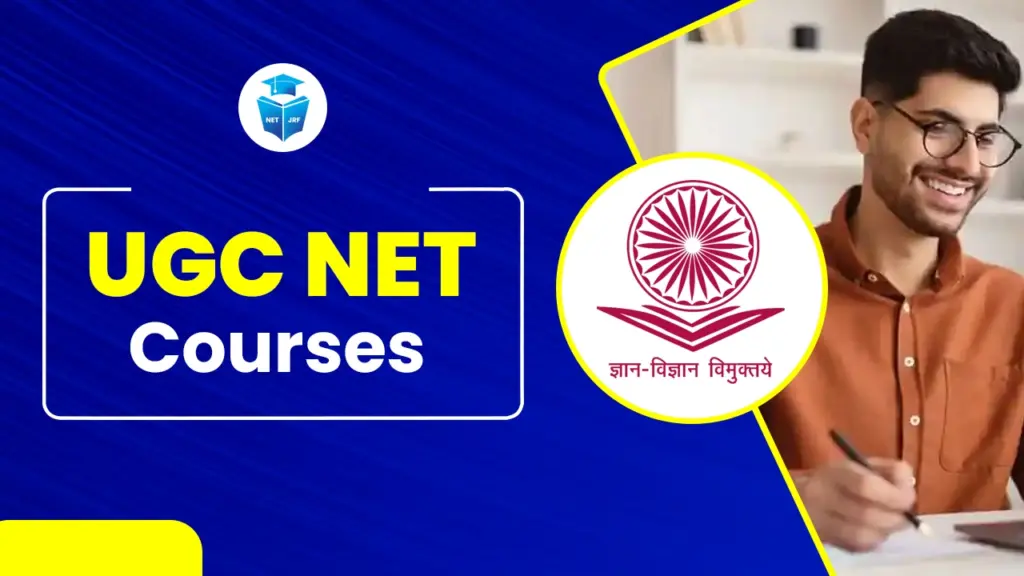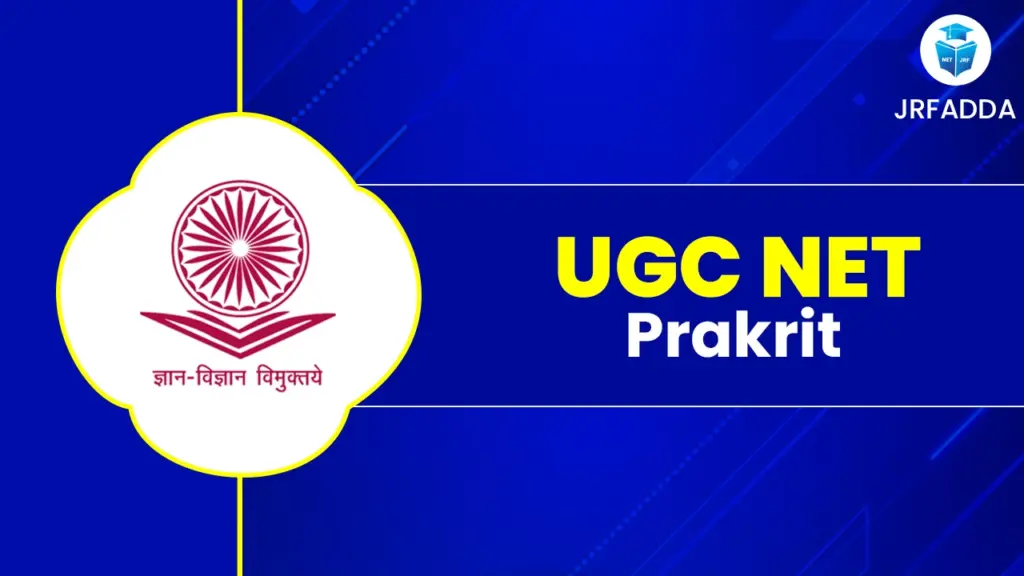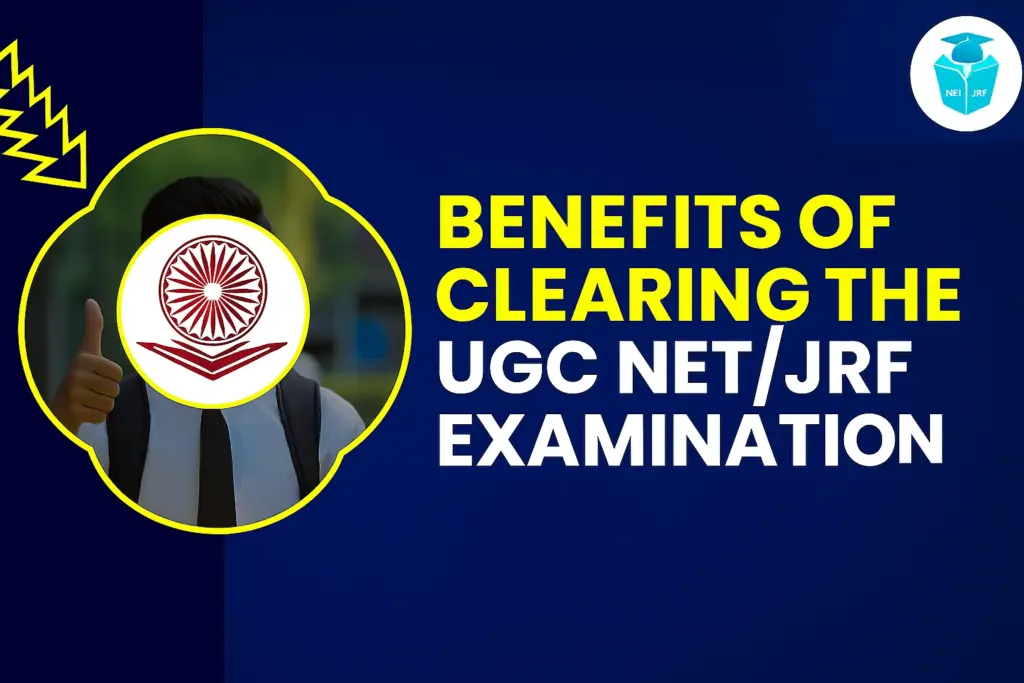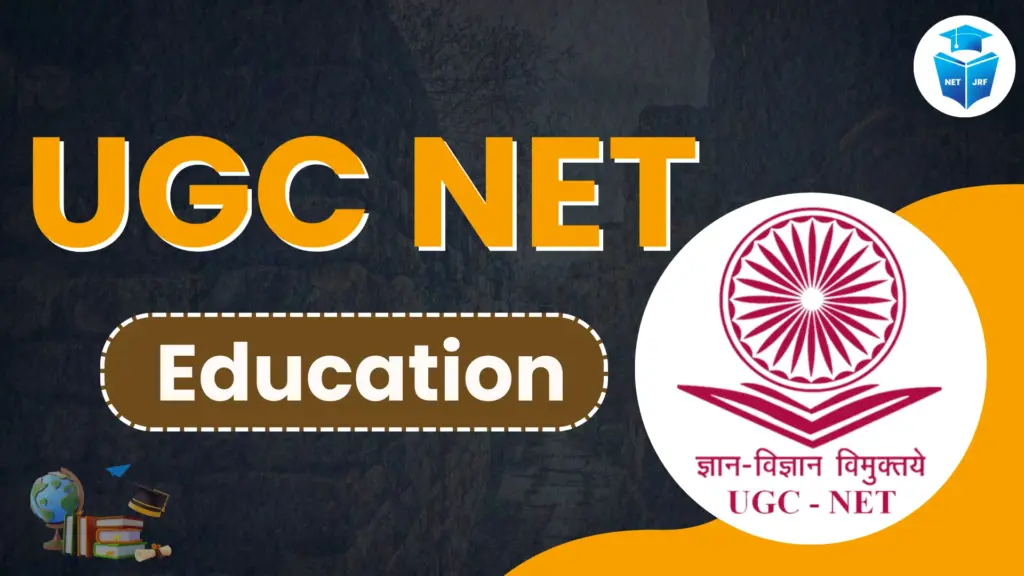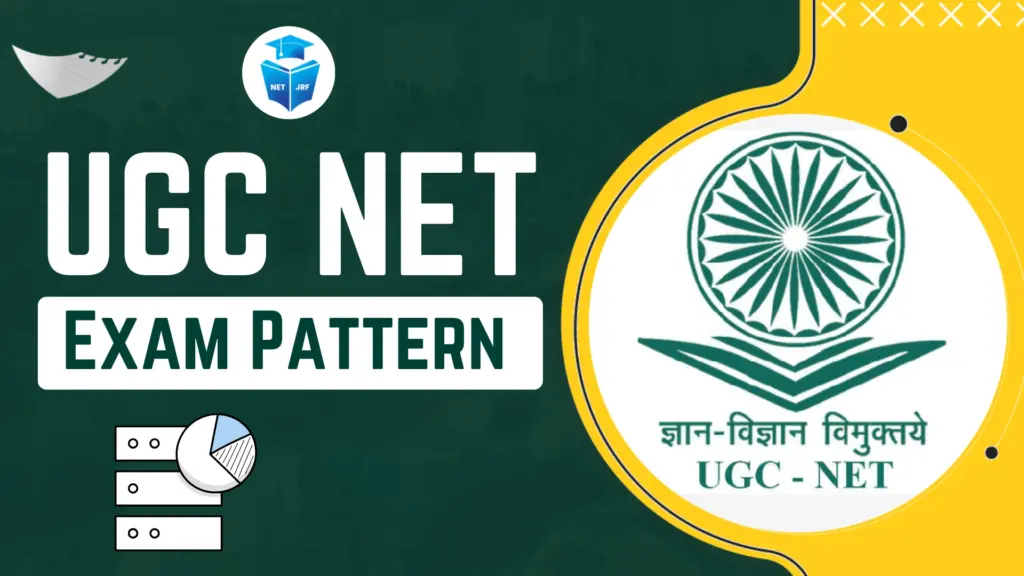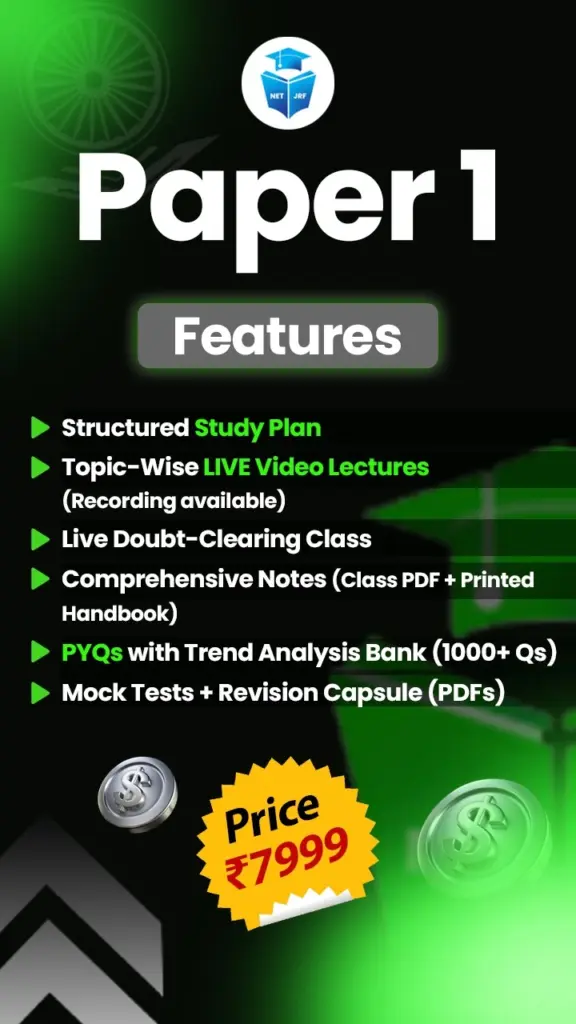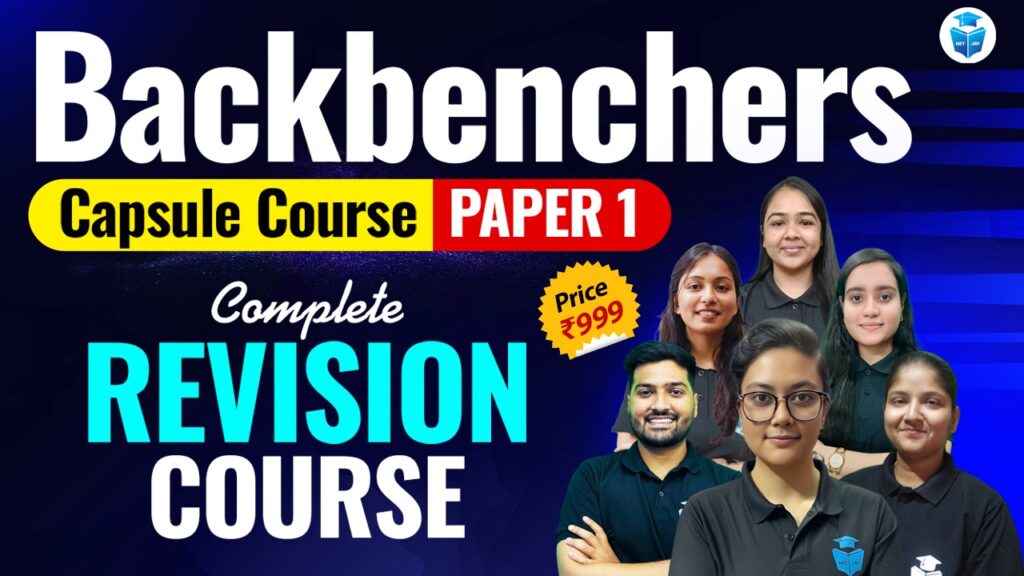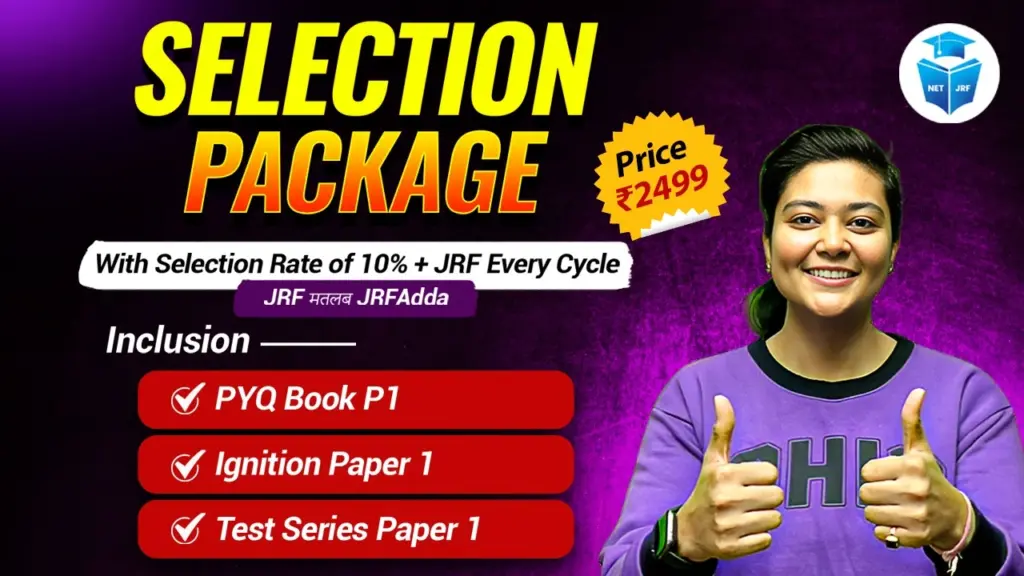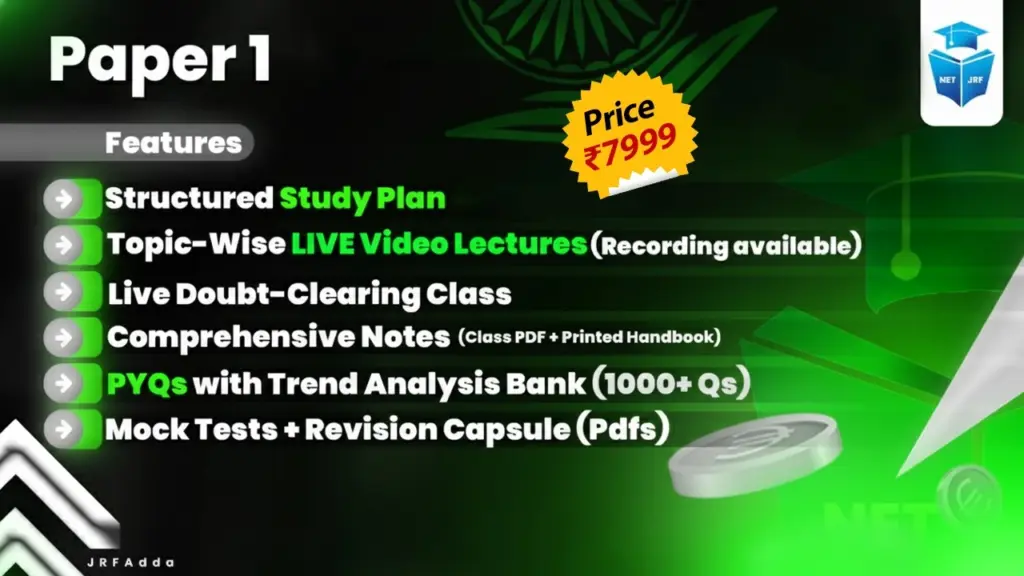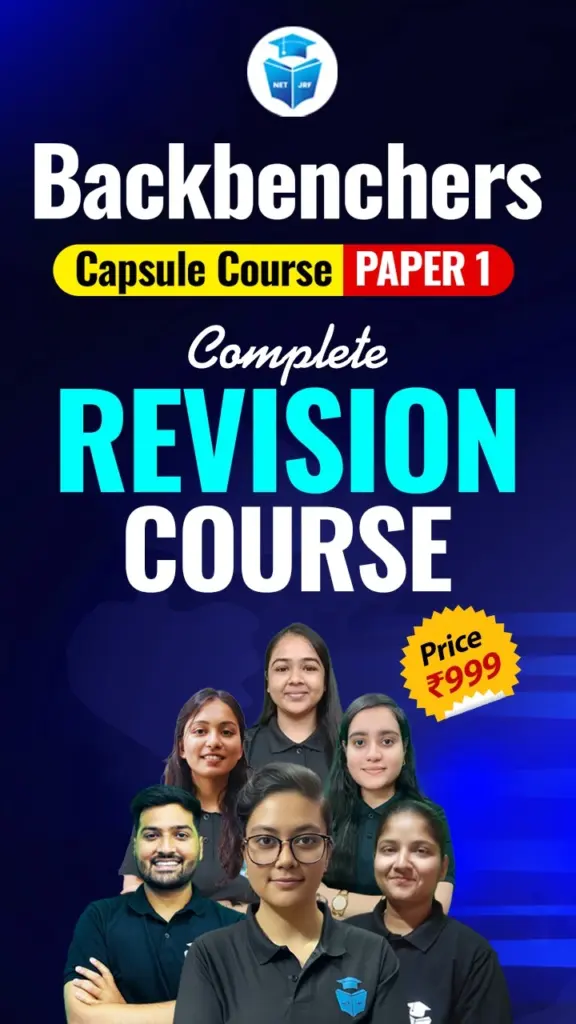The UGC NET Russian 2025 (December Cycle) exam, overseen by the National Testing Agency (NTA) on behalf of the University Grants Commission (UGC), was successfully conducted in Shift 1 on January 5, 2026. This critical national-level examination serves as a gateway for postgraduate candidates to qualify as Assistant Professors and possibly earn the esteemed Junior Research Fellowship (JRF) in the field of Russian language, literature, and linguistics.
UGC NET Russian 2025 Exam Analysis
The UGC NET Chinese 2025 Shift 1 exam, conducted on 5 January , featured two papers — Paper I (General Aptitude) and Paper II (Subject-specific). As per student feedback and expert analysis
Paper 1 was easy to moderate, with balanced coverage across all 10 units prioritizing conceptual understanding over rote learning—ideal for UGC NET 2026 aspirants. Questions leaned on PYQ-repeated patterns like assertion-reason, match-the-following, and high-scoring direct items in Teaching Aptitude, Research Aptitude, Logical Reasoning, and ICT, enabling confident attempts of 42–45. Student feedback praises manageable Data Interpretation, predictable syllogisms, and no heavy calculations, marking a student-friendly shift aligned with recent trends for toppers.
Paper 2 emerged as moderate to slightly challenging, targeting thorough revisers of literary theories and linguistics; it spanned classical/modern Russian literature, grammar (cases, verb aspects), criticism (Formalism, Structuralism), and translation studies, with emphasis on authors like Tolstoy, Dostoevsky, Chekhov, plus Sino-Russian cultural exchanges, digital linguistics tools, and post-Soviet contexts. Direct syllabus questions dominated, but analytical ones on prose excerpts and historical influences added depth, aligning with latest trends for well-prepared candidates.
Overall UGC NET Russian (Jan 5, 2026): Paper 1 was easy-moderate (even coverage, old questions; safe try: 42–45). Paper 2 was a bit tough-moderate (focus on books, grammar, authors like Tolstoy + new topics; safe try: 38–42).
Total safe: 80–87 questions for good marks (200+), easy for those who studied well, say students.
What is UGC NET Russian?
UGC NET Russian is a subject-specific exam under the University Grants Commission’s National Eligibility Test (NET) framework. It is designed to evaluate the academic knowledge, teaching aptitude, and research potential of candidates in the Russian language domain. The exam not only validates your capability to teach Russian at universities and colleges across India but also identifies scholars eligible for the Junior Research Fellowship (JRF) — a fellowship that supports advanced research in Russian language and allied fields.
The exam is a gateway for many to secure faculty positions and funded research opportunities, strengthening the academic standards and research output in Russian studies within Indian higher education institutions.
Why Choose UGC NET Russian?
Pursuing UGC NET Russian offers several advantages:
- Academic Recognition: Qualifying confirms your eligibility for Assistant Professor roles in Indian universities, bolstering your teaching career.
- Research Funding: JRF holders receive financial support enabling full-time doctoral research in Russian linguistics, literature, translation, and cultural studies.
- Career Growth: Opens doors to diverse roles in academia, government agencies, cultural organizations, and corporate sectors focusing on Russian language expertise.
- Contribution to Indo-Russian Relations: Many NET-qualified candidates participate in cultural diplomacy, translation, and international cooperation programs, enriching bilateral ties.
UGC NET Russian 2025 Important Exam Details
| Feature | Details |
| Exam Name | UGC NET Russian 2025 |
| Conducting Body | National Testing Agency (NTA) |
| Exam Mode | Computer-Based Test (CBT) |
| Number of Papers | Two (Paper I & Paper II) |
| Total Questions | 150 (50 in Paper I, 100 in Paper II) |
| Total Marks | 300 |
| Exam Duration | 3 hours (Single session) |
| Negative Marking | No |
| Official Website | ugcnet.nta.nic.in |
UGC NET Russian Eligibility Criteria 2025
Before applying, candidates must ensure they meet the following eligibility requirements:
Educational Qualification
- A Master’s degree in Russian or a closely related discipline from a UGC-recognized university.
- Final-year postgraduate students are eligible to apply provisionally but must complete their degree with the minimum qualifying marks before the final selection.
Minimum Marks Required
| Category | Minimum Marks (%) |
| General / EWS / OBC-NCL / Third Gender | 55% |
| SC / ST / PwD | 50% |
Age Limit
- For Junior Research Fellowship (JRF), the upper age limit is 30 years as of the exam date.
- Relaxation of 3 years for OBC-NCL candidates.
- Relaxation of 5 years for SC/ST/PwD and women candidates.
- No age limit for Assistant Professor eligibility.
UGC NET Russian Exam Pattern 2025
The UGC NET Russian exam consists of two papers, both conducted in a single three-hour session:
Paper I — General Aptitude
This paper assesses teaching and research aptitude along with general awareness.
| Component | Details |
| Total Questions | 50 |
| Total Marks | 100 |
| Duration | Part of combined 3 hours |
| Topics Covered | Teaching Aptitude, Research Aptitude, Comprehension, ICT, Environment, Higher Education System, Logical Reasoning, Data Interpretation |
Paper II — Russian Subject
This paper tests in-depth knowledge of the Russian language, literature, linguistics, and cultural studies.
| Component | Details |
| Total Questions | 100 |
| Total Marks | 200 |
| Topics Covered | Russian Literature (Classical & Modern), Linguistics, Grammar, Literary Criticism, Comparative Literature, Translation Studies, Folklore, Cultural Studies |
Marking Scheme
- Each correct answer carries 2 marks.
- No negative marking for incorrect responses.
- Both papers combined must be completed within the 3-hour time frame.
Minimum Qualifying Marks
| Category | Paper I | Paper II |
| General | 40% | 40% |
| OBC-NCL / SC / ST / PwD | 35% | 35% |
Detailed UGC NET Russian Syllabus 2025
Paper I (General Aptitude) Topics:
- Teaching Aptitude
- Research Aptitude
- Communication
- Comprehension
- Mathematical Reasoning and Aptitude
- Data Interpretation
- Logical Reasoning
- Information and Communication Technology (ICT)
- People, Development, and Environment
- Higher Education System in India
Paper II (Russian Subject) Topics:
- History of Russian Literature: From Old Russian literature to contemporary works.
- Russian Poetry and Prose: Study of major poets and prose writers including Pushkin, Tolstoy, Dostoevsky, Akhmatova, and Nabokov.
- Drama and Theatre: Works of Gogol, Chekhov, and modern playwrights.
- Russian Linguistics: Phonetics, morphology, syntax, semantics, sociolinguistics.
- Russian Grammar: Case system, verb aspects, verbal prefixes, word formation.
- Literary Criticism and Theories: Formalism, Structuralism, Bakhtin’s dialogism, post-modernism.
- Comparative Literature: Influence of Russian literature globally and vice versa.
- Translation Studies: Principles and methods of translating Russian literary texts.
- Cultural Studies and Folklore: Russian myths, folk traditions, Soviet cultural policies, contemporary media.
- Russian Language in India: Teaching methodologies, translation industry, and cultural diplomacy.
Download UGC NET Russian Syllabus PDF
Candidates can download the full UGC NET Russian syllabus PDF from the official NTA website.
Download UGC NET Russian Syllabus 2026 PDF
UGC NET Russian Previous Year Question Papers
Practicing previous years’ question papers is crucial for success in the UGC NET Russian exam. It helps in:
- Understanding exam pattern and difficulty level
- Familiarizing with frequently asked questions
- Enhancing time management skills during the exam
- Building confidence through simulated practice
Previous Year Question Papers Available: Download the UGC NET Russian question papers from previous sessions from the table below:
| Year | Download Link |
| UGC NET Russian 2025 June | Download PDF |
| UGC NET Russian 2024 | Download PDF |
| UGC NET Russian 2023 | Download PDF |
| UGC NET Russian 2022 | Download PDF |
| UGC NET Russian 2021 | Download PDF |
| UGC NET Russian 2020 | Download PDF |
Career Opportunities After Qualifying UGC NET Russian
Clearing the UGC NET Russian exam opens a wide range of professional avenues:
Academic Roles
- Assistant Professor or Lecturer in Russian departments of universities and colleges.
- Curriculum development for Russian language and literature courses.
- Research supervisor for postgraduate and doctoral students.
Research Positions
- Junior Research Fellowships with financial support for doctoral and post-doctoral projects.
- Research associate in linguistics, translation studies, or comparative literature.
- Collaborations with institutes like Indian Council for Cultural Relations (ICCR), Russian Cultural Centers, and others.
Government Sector Jobs
- Translator, interpreter, or language expert in Ministry of External Affairs, embassies, intelligence agencies, and cultural institutions.
- Policy advisor for Indo-Russian cultural and educational programs.
Corporate Sector Opportunities
- Content writing, editing, and proofreading for publishing houses, digital media, and educational content providers.
- Localization specialist for technology firms focusing on Russian language software, apps, and games.
- Freelance translator/interpreter for international business and media.
Entrepreneurship and Freelance
- Private tutoring and online coaching in Russian language and literature.
- Starting language schools or translation agencies specializing in Russian.
Expert Preparation Tips for UGC NET Russian 2026
To maximize your chances of success, follow these preparation strategies:
- Start Your Preparation Early: Give yourself at least 5–6 months to cover the syllabus thoroughly.
- Understand the Complete Syllabus: Divide topics into weekly study goals for both Paper I and II.
- Use Standard Reference Books: Refer to authoritative textbooks, Russian literature anthologies, and UGC NET-specific study guides.
- Regular Practice: Solve previous question papers and take mock tests to improve accuracy and time management.
- Language Immersion: Engage with Russian newspapers, films, podcasts, and cultural content regularly to improve comprehension and context understanding.
- Join Study Groups and Forums: Collaborative learning helps clarify doubts and share study resources.
- Focus on Weak Areas: Allocate extra time to challenging topics like linguistic theory or literary criticism.
- Maintain Consistency and Health: Balanced study schedule, nutritious diet, and enough rest are essential for sustained learning.
Conclusion
The UGC NET Russian 2025 exam, conducted on 5 January 2026 (Shift 1), was a well-structured and balanced test that assessed candidates’ aptitude and in-depth knowledge in the Russian language domain. With Paper I rated as moderate and Paper II slightly more analytical, the exam was fair for well-prepared candidates. For aspirants passionate about Russian language, literature, and culture, qualifying this exam opens pathways to a fulfilling academic and research career, backed by recognition as an Assistant Professor or a Junior Research Fellow (JRF). By combining strategic preparation, mastery of syllabus topics, and practice with previous papers, candidates can confidently aim for success in future cycles of UGC NET Russian.
UGC NET Russian FAQs
What is UGC NET Russian?
It is a national-level exam that tests candidates’ eligibility for Assistant Professor and Junior Research Fellowship in Russian language, literature, and linguistics.
Who can apply for UGC NET Russian 2025?
Postgraduates or final-year students in Russian or related fields with at least 55% marks (50% for reserved categories) are eligible.
How many papers are in the UGC NET Russian exam?
There are two papers: Paper I (General Aptitude) and Paper II (Russian Subject), conducted together in a single session.
Is there an age limit to apply?
Yes, the JRF has an upper age limit of 30 years with relaxations for reserved categories. Assistant Professor eligibility has no age restriction.
What are the career options after qualifying?
Qualified candidates can pursue teaching, research, government translation and language roles, content creation, localization, and freelance translation.
